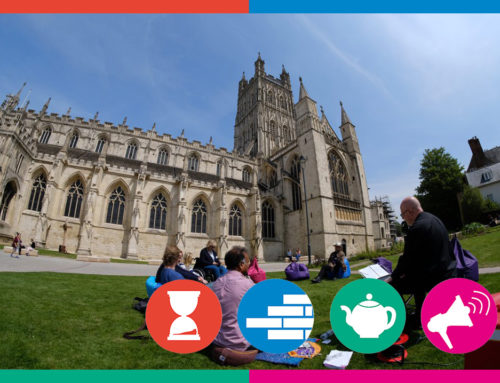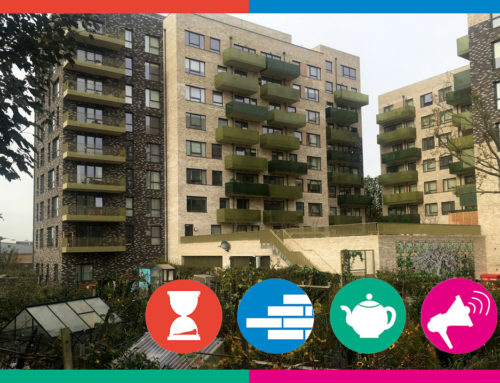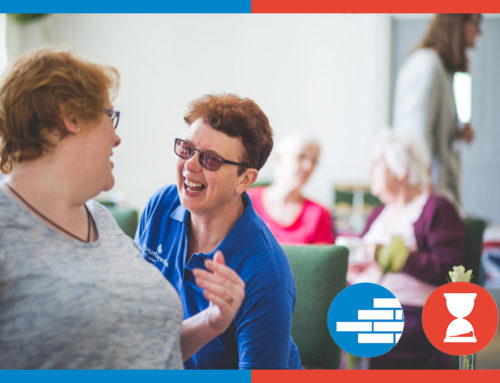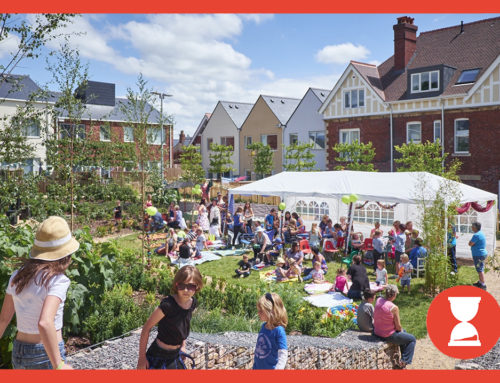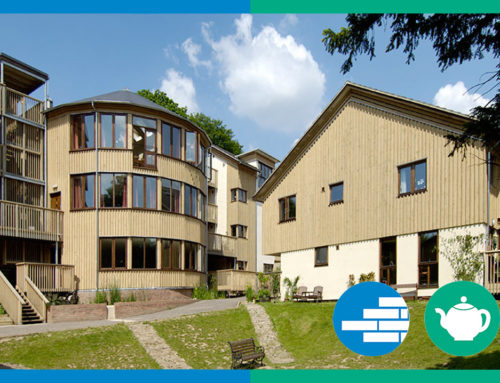Community Builders at Barnwood Trust
Location: Multiple locations in Gloucestershire
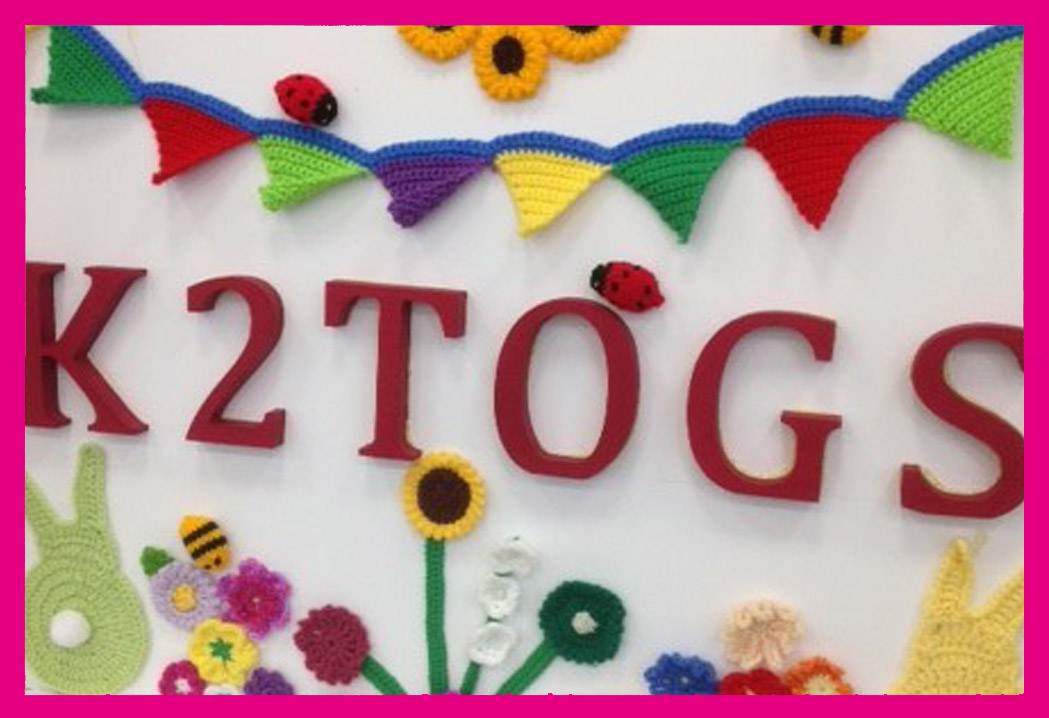
About
Community Building is an innovative approach to engaging with communities. Barnwood Trust has set up and resourced a team of Community Builders, working with communities throughout Gloucestershire, mobilising and energising communities while respecting that it is residents themselves who need to ‘set the pace’ and to identify priorities.
The Approach
The Community Building approach embodies the principles of ‘asset-based community development’ (ABCD) – an approach which builds on the skills and gifts within communities.
Some practitioners of other approaches of community development, and communities themselves, can have a tendency to focus on the problems facing them and to formulate their aims on addressing those problems and identifying and delivering solutions. The disadvantage of this approach is that it can sometimes create an impression that the community is in some sense ‘a problem’ and needs to be ‘fixed’: or ‘in need’ and needs to be ‘rescued’.
Another aspect of the traditional approach to engaging with communities is that there can be an expectation that people should engage ‘for its own sake’ or that there is something intrinsically interesting about the process of attending meetings, recording discussions and so on. In fact people engage when there is a particular outcome they want to achieve and they feel they have a genuine opportunity to affect that outcome. Statutory agencies and local authorities have also tended to engage communities to ask their views on specific issues rather than asking the community what their own priorities are.
An ABCD approach takes as its starting point the strengths and assets within communities, building on these strengths to help bring about a socially sustainable community which is more inclusive and welcoming to all and where everyone, regardless of any personal disability or mental health challenge, is able to play their full part. There is no ‘outcome’ imposed on the community by an external agency; instead people are encouraged and supported simply to come together to do the things they want to do, in a process that ‘travels at the speed of trust’.
‘Placemaking’, a collective re-imagining and reinvention of public space, is an important element of Community Building. It also emphasises the importance of ‘neighbourliness’ rather than of ‘volunteering’, where the former is a process of give and take where neighbours help one another while the latter can look more like stepping in to correct something which is ‘wrong’. This approach is central to Barnwood Trust, which aims to build belonging and to help to create socially sustainable communities.
The ABCD approach is based on five key principles:
-
Resident-led: residents take the lead and use what they have to secure what they need – until they know what they have, they won’t know what they need ‘from outside’. Often these informal networks of local residents can generate solutions without requiring assistance from outside, drawing on the skills, gifts and experiences of residents themselves.
-
Relationship-focussed: We recognise that every individual has unique skills, gifts and passions, whatever their abilities or disabilities. When people come together to share their gifts the community begins to recognise its own strength.
-
Asset-based: focus on ‘what’s strong, not what’s wrong’ – all communities, including those which may be perceived as deprived, have an abundance of local skills and gifts which can be mobilised to deliver growth and positive change.
-
Focussed on the local neighbourhood: people’s experiences happen in the place where they live, their own local neighbourhood where they can have an impact. Where agencies might use language around service provision, the language of a community is more likely to be around individuals, their knowledge, skills, experience and ideas.
-
Inclusion-focussed: Community Builders see each person as a complex and unique human being with an abundance of unique gifts. For example, the gifts of disabled people and people facing mental health challenges may often be overlooked but by ensuring everyone is included we can support communities in ways that benefit us all.

